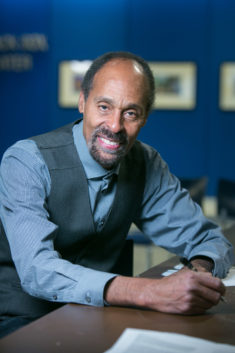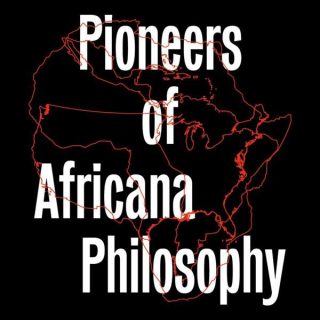Dwight Murph was born and raised in Newark, NJ (before the race rebellion of 1967) from birth to age fourteen, and then moved to Teaneck, NJ, from fourteen to seventeen. They were two very different places, one urban, the other suburban. He attended Newark schools, 98 percent black de facto segregated schools from kindergarten to 9th grade, then 97 percent white in Teaneck from 10th to 12th grade. In 1965, Teaneck became the first predominantly white community in the United States to desegregate its schools voluntarily through busing. Later, he attended Lincoln University, the nation's first degree-granting HBCU (Historically Black Colleges and Universities). Murph did graduate studies at Temple University and The Graduate Center (CUNY). He has held teaching positions at Rutgers University (where he was the first black hire in the philosophy department), Bowie State University (HBCU), and John Jay College, City University of New York (CUNY), where he presently teaches. From the moment he entered graduate school, he wanted to learn how philosophy could clarify and offer solutions for the black American’s liberation. With the encouragement of colleague Albert Blumberg, he was the co-founder of the Society for the Study of Black Philosophy in NYC, now called the Society for the Study of Africana Philosophy. It started in the '70s while he was teaching at Rutgers University out of conversations and the conscious desire to speak to black philosophers’ small community (Tom Slaughter, Howard McGary, Leonard Harris, and LaVerne Shelton Leeb) about connecting philosophy to the black experience. In the late ‘70s, he and Leonard Harris, with Tom Slaughter as moderator, gave a presentation at the American Philosophical Association meetings titled “The Scope and Meaning of Black Philosophy.”

Programming

Conference
Fri, Mar 19, 2021 –
Sat, Mar 20, 2021,
10:00 AM – 07:00 PM
10:00 AM – 07:00 PM